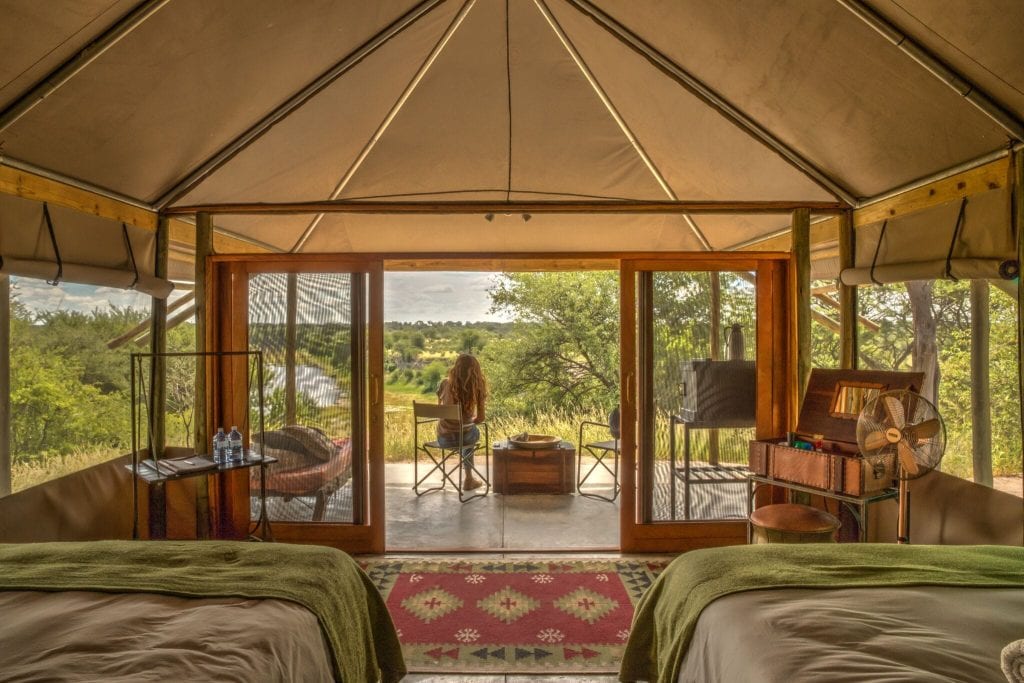Courting a New Generation of Safari Goers

Skift Take

On Experience
Colin Nagy is a marketing strategist and writes on customer-centric experiences and innovation across the luxury sector, hotels, aviation, and beyond. You can read all of his writing here.A preconception exists among a large segment of travelers that safaris are something you do once in a lifetime. It’s a splurge honeymoon trip or something you do on retirement. And you better save up or have a mysterious benefactor.
It’s true some of the big brand names that curate incredible experiences cost a pretty penny, per person, per night. And these experiences are worthwhile, crafted, and undoubtedly hard to pull off. They fit nicely with the desires of well-heeled global travelers.
But as Africa tourism continues to open up with the addition of more direct flights, and a wide variety of destinations that suit nearly every interest, a new breed of safari operators are courting a different set. These are the younger, style-conscious travelers that may not have the serious money for the luxury experience, but are still looking for something interesting, with sensibility while breaking some of the cliches of the typical safari experience.
It’s not all about shallow Instagram fodder. They’re looking to commune with nature and experience emerging Africa in a sincere way. These types of travelers, who ar

